Rural Education, Curriculum and Communities
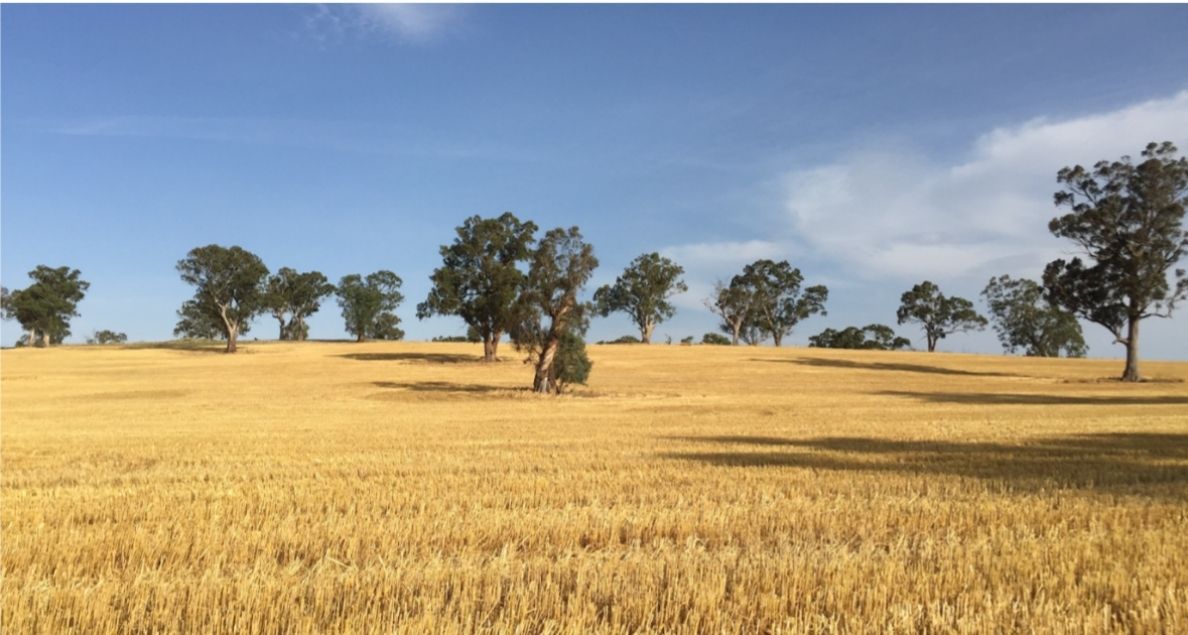
About Us
The Rural Education, Curriculum and Communities (REC) research group leads research focussed on empowering rural schools and their communities. With a focus upon the sustainability of rural communities, the Rural Education, Curriculum and Communities research group aims to make a lasting contribution to both theoretical and practical developments in rural education research. Situated within rural sociology, the sociology of knowledge, educational sociology and social justice, the Rural Education, Curriculum and Communities research group is informed by the spatial turn in social theory and sustainability.
Research Themes
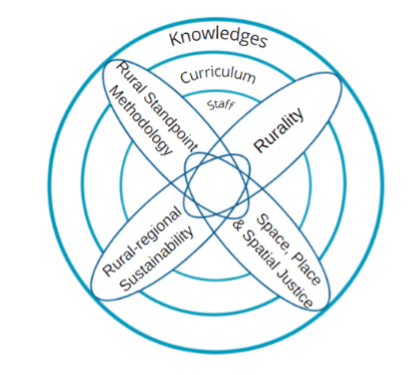
Our research focusses upon the four core themes of rurality; spatial justice; rural-regional sustainability; and rural standpoint methodologies.
- Rurality
This theme focusses upon the theorisation of rurality as a phenomena of modernity. Under this theme we are developing the theoretical tools of rural education by expanding the theoretical connections with rural studies (rural geography and rural sociology) as they pertain to education.
- Spatial justice
This theme continues the leading work in the rural education field in relation to spatial theory, place theory and the emerging theories of spatial justice. In this area the REC research group continues to lead theoretical developments based on empirical data. This includes the analysis of large-scale empirical data to explore the spatial dimensions of educational achievement and community capitals.
- Rural-regional sustainability
The REC research group works with communities for sustainable community outcomes. This involves a focus upon rural knowledges within education systems, and the human capitals of rural communities.
- Rural standpoint methodologies
The REC research group continues to develop innovative research methodologies that value rural people, places and communities. This work is cross-disciplinary in character and values multiple ways of knowing and researching our world. Through these approaches, we are helping to reshape the way rural ‘disadvantage’ is constructed.
Each of these key themes are used to engage with issues of knowledges, curriculum, and staffing rural professions.
Programs of Research
The REC programs of research cover the key issues of knowledges, curriculum, and the rural professions and each of these issues are explored through the REC group’s key research themes.
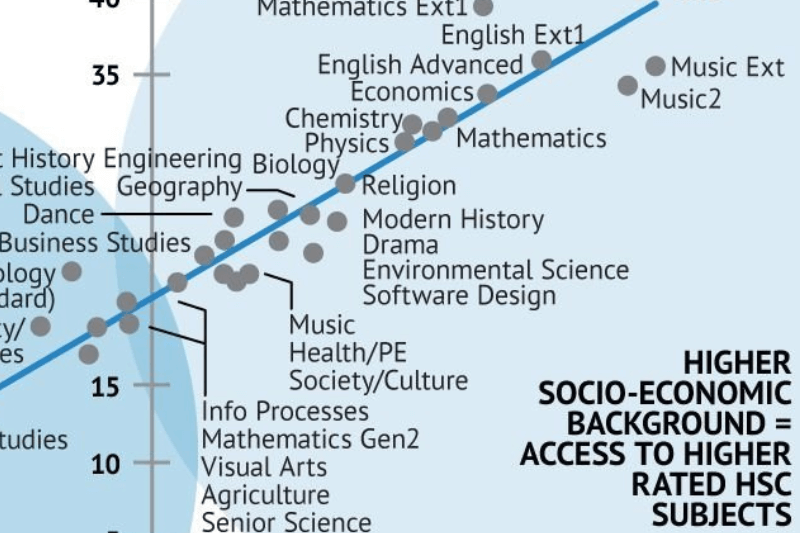
Access, Achievement and the Spatial Distribution of Curriculum
Supporting equitable access to curriculum opportunities for all students is the central focus of this program. We approach this by identifying and understanding the influence of school level, student level, and broader policy on student access, participation and achievement in the school curriculum.
Find out more
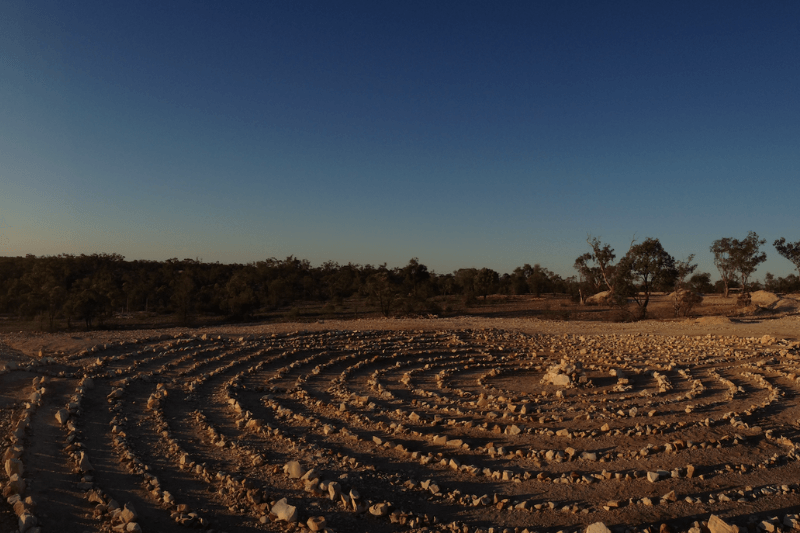
Exploring Rural Knowledges
This program of research examines how knowledge in/of/for the rural is engaged with in contemporary (Australian) education. To achieve this, we look at knowledge in the curriculum, community perspectives of valued knowledge, and how rural meanings and ways of knowing are engaged with in education systems.
Find out more

Rural Students' Higher Education and Careers
This research focusses on understanding the role of higher education and how it values rural knowledges and the human capitals of rural communities. It involves collaborations with university outreach teams, school careers advisors, and academics to identify student understandings of careers, how institutions represent and value rural knowledges and influences on student access and participation in higher education.
Find out more
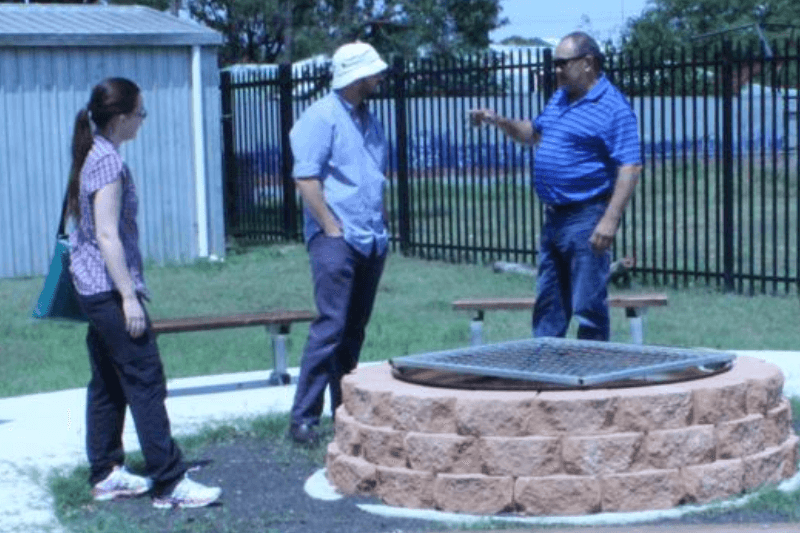
Rural Professions
The attraction and retention of professionals in rural contexts is an ongoing challenge in Australia, and many international contexts. The cross-disciplinary focus of this research aims to generate new insights into common challenges and shared solutions for the sustainability of rural communities.
Find out more
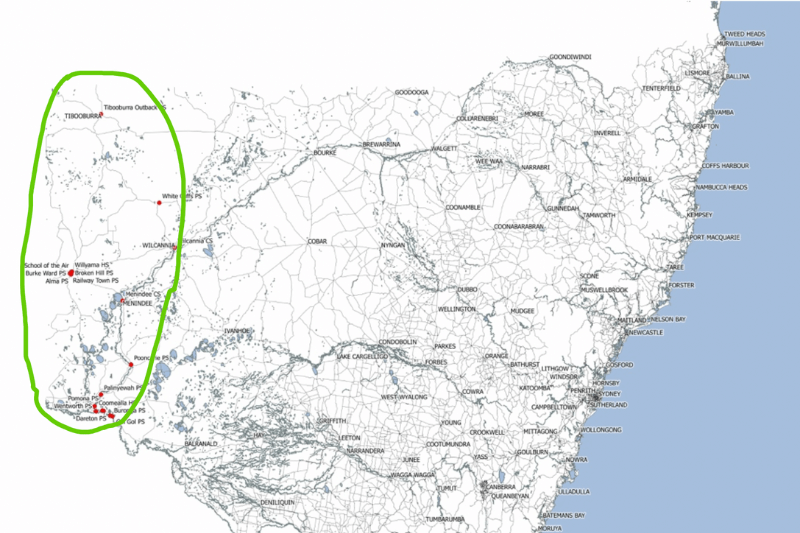
Re-centring Outback Education
The nature of education that has developed is ‘spatially blind’ and is modelled on practices suited to densely populated locations and the needs of urban communities. This research explores what education could look like if we did aside with urban-centric approaches to education and let outback communities redesign education systems.
Find out more

Reframing Rural Education Research
This research program develops new understandings of rurality and education that are used in research, policy, and practice. It does so by bridging gaps in understanding across different disciplines and fields of research to increase understandings of education in the interests of rural-regional sustainability.
Find out more
Our People
The REC team comprises researchers with a range of experience in the fields of rural studies, education studies, and curriculum studies, with expertise in quantitative and qualitative research approaches. The team have backgrounds in government departments, schools, human services and community organisations that contribute to the unique approach of the REC research group.
Associate Professor Philip Roberts
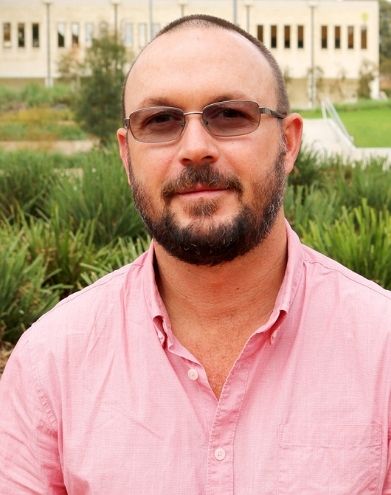
Associate Professor specialising in rural education, Dr Roberts' major ongoing research interest is how teachers situate the curriculum in the communities they serve and how spatial theories are incorporated into educational thinking. Click to view Staff Profile
Jenny Dean
Postdoctoral Research Fellow

Jenny’s research interests include inequality in education, the sociology of Indigenous schooling, the social demographics of schooling and school curricula, drivers of university enrolment, and student engagement.
Adjunct Professor Daniela Stehlik

Daniela Stehlik is one of Australia’s leading social scientists working at the intersections of sustainability, human service practice and social cohesion focussing on families and communities and their sense of place. She is particularly interested in the generative capacity of women's energy and enthusiasm as an important component of a community flourishing.
Natalie Downes
Senior Research Assistant and PhD student

Natalie’s research interests include school aged distance education, rural-regional sustainability, and the ethics of research with rural people and communities.
Dr Lindy Croft-Piggin
Research Associate

Dr Croft-Piggin's research has explored the concepts of identity, gender, rurality, and youth culture using the thinking tools of Pierre Bourdieu. She was a Teacher Educator and Manager of Online Learning Quality at Charles Sturt University following a career in the NSW Department of Education as a teacher of English and History and as a Curriculum Support Officer with expertise in Literacy, Dance, Drama, Visual Art, and Music, K-12.
Our Networks
International Networks
- Economics of Education Knowledge Hub, UNSW. http://www.edhub.unsw.edu.au/
- New South Wales Gonski Institute for Education. https://www.gie.unsw.edu.au/
- Center on Rural Education and Communities, Pennsylvania State University, USA.
- Centre for Rural Economy, Newcastle University, UK. https://www.ncl.ac.uk/cre/
- Population Studies Center, University of Pennsylvania, USA. https://www.pop.upenn.edu
- Center for Research on Rural Education, Montana State University, USA. http://www.montana.edu/crre/
- Space and Time in Education Research Group, Norway. http://site.uit.no/sted/
- Faculty of Education, Acadia University, Nova Scotia, Canada.
- Shaanxi Normal University, Xi’an, Shaanxi, China. https://english.snnu.edu.cn
- Bay Area Education Policy Institute for Social Development, Guangzhou University, Guangzhou, China. http://english.gzhu.edu.cn
- Centre for Rural Health at the University of Tasmania
- School of Rural Medicine, Charles Sturt University
- Western Sydney School of Medicine
- Climate Change Adaptation Resilience and Recovery Network (UC)
Membership of Executive Committees
- Australian Curriculum Studies Association (ACSA)
- Australian Association for Research in Education (AARE)
- Open and Distance Learning Association of Australia (ODLAA)
- Curriculum Perspectives (chief editor)
- Australian and International Journal of Rural Education (editors)
- The Rural Educator Journal (committee)
Contact Us
If you would like to get in touch with us please email rural@canberra.edu.au

